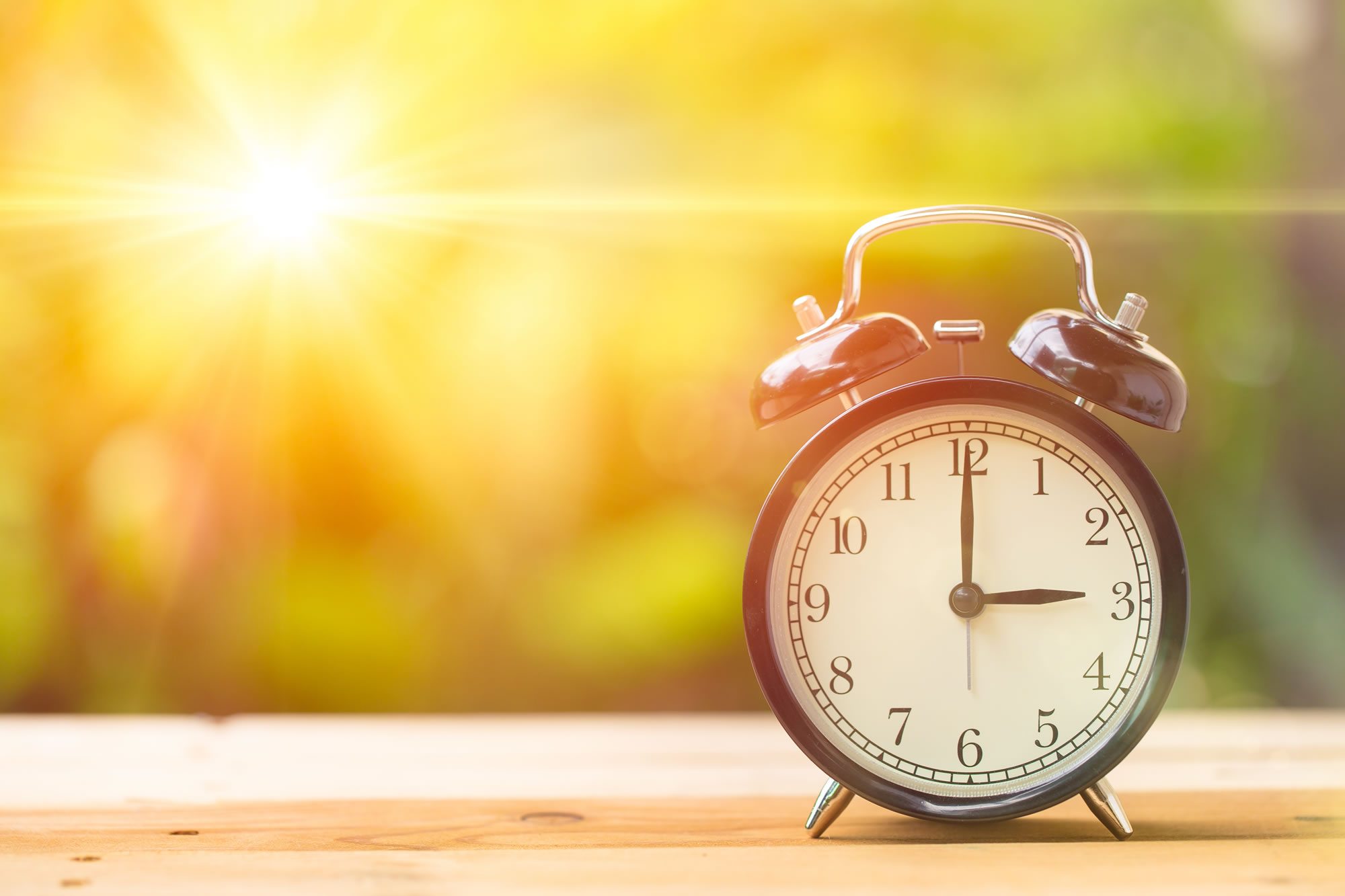It’s Daylight Savings Time this Sunday, March 10. That means less sleep for many of us who are already sleep-deprived.
The New England Journal of Medicine conducted a study that showed loss of sleep produces 17% more car accidents on Monday. This increase was 8% higher than when the study was done 15 years ago.
James has written about the dangers of driving tired. It’s important to remember how even losing an hour of sleep can increase your risk of a car accident. The New England Journal of Medicine reports that “one hour’s change may seem like a minor disruption in the cycle of sleep and wakefulness, measurable changes in sleep pattern persist for up to five days after each time shift.”
Dr. Breus, the Sleep Doctor, recommends these tips for safely adjusting to the time change:
- Start going to bed earlier five days before the change to help your body adjust.
- Avoid caffeine late at night to promote better sleep patterns.
- Exercise during the week for better sleep quality.
- Get out in the sun when the time changes to help reset your body’s clock.
Plan accordingly and adjust your sleep schedule to account for the lost hour. It’s not worth the risk to drive tired. And don’t forget to change your clocks.
For More Information:
- Daylight Saving Time 2012: Could “Springing Forward” Hurt Your Health? The Huffington Post
- Daylight Savings Time and Traffic Accidents, The New England Journal of Medicine







